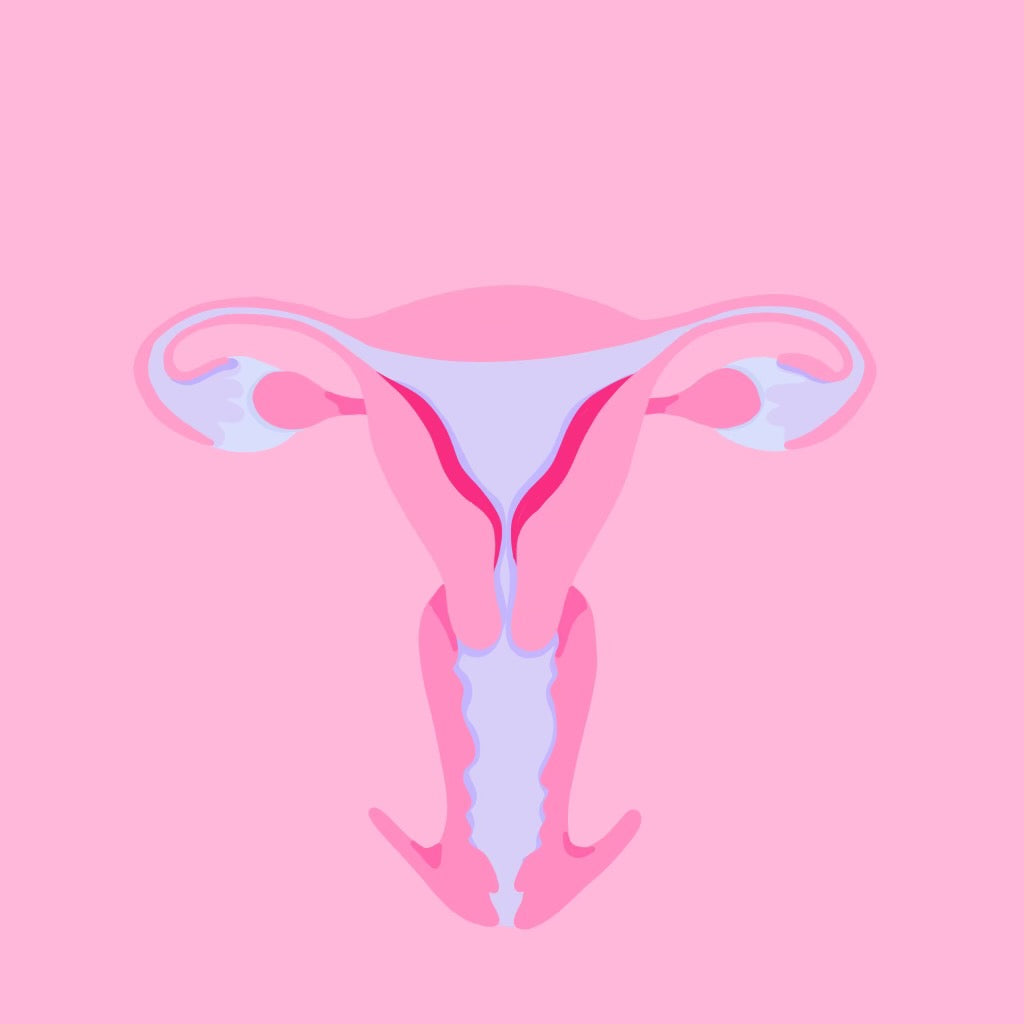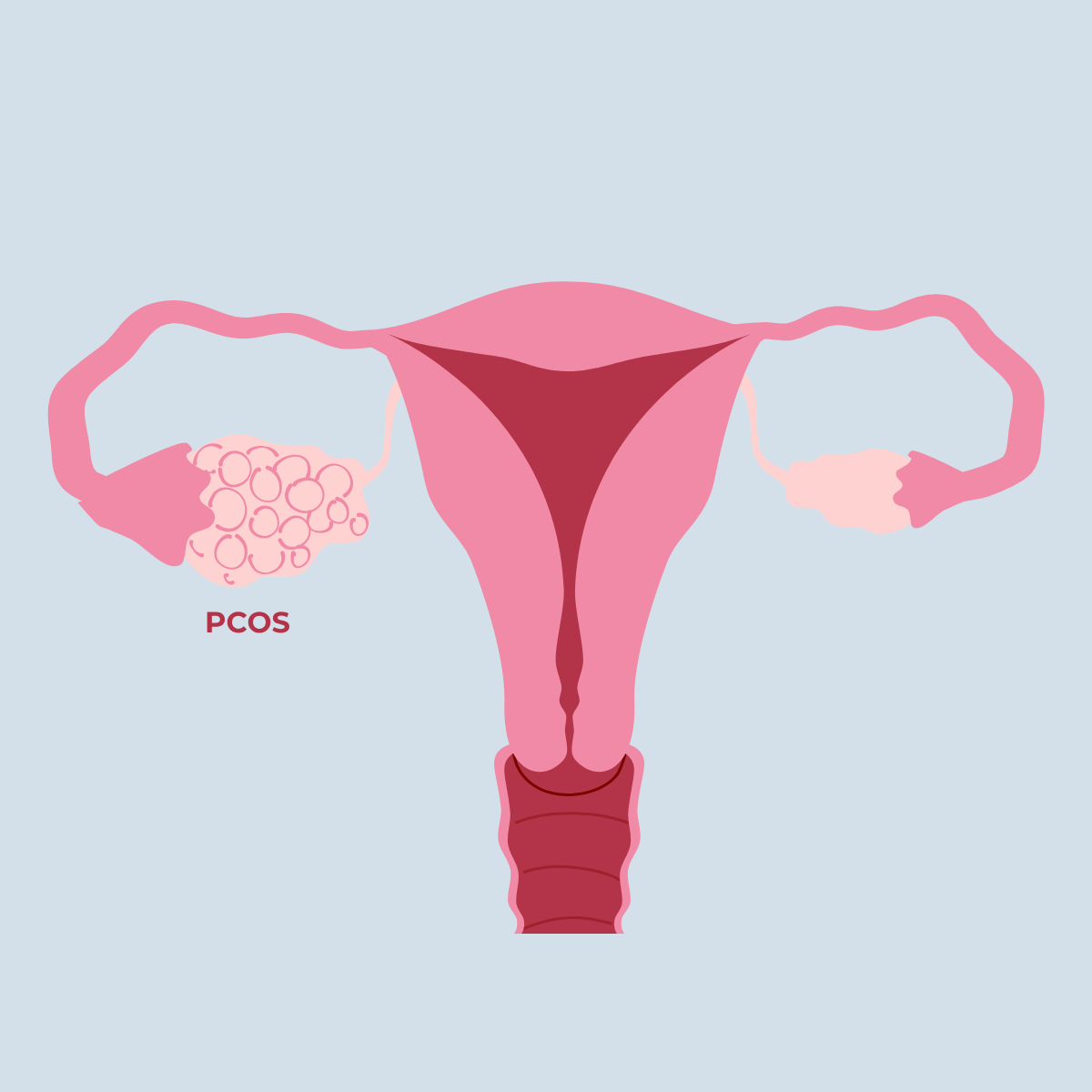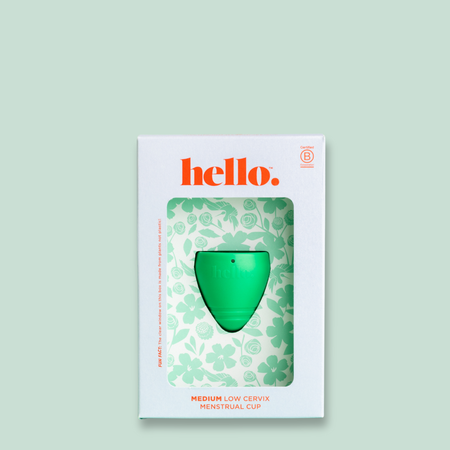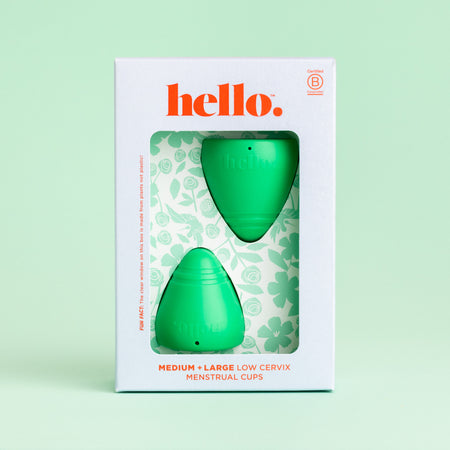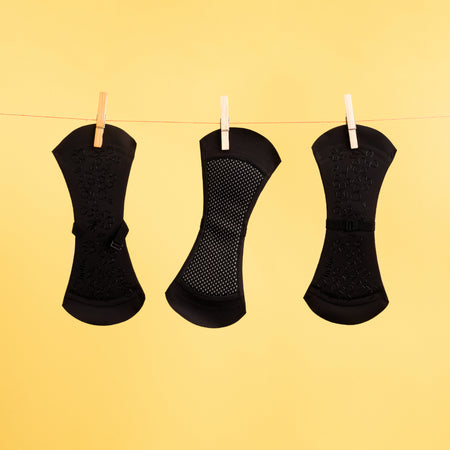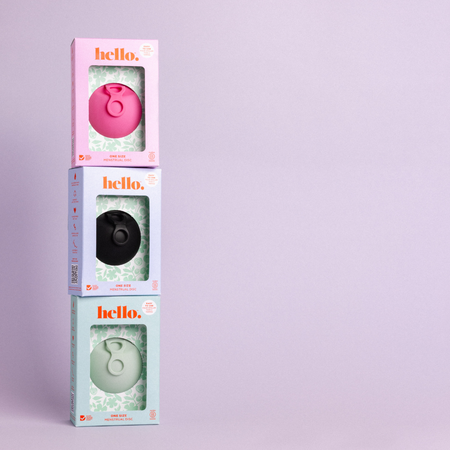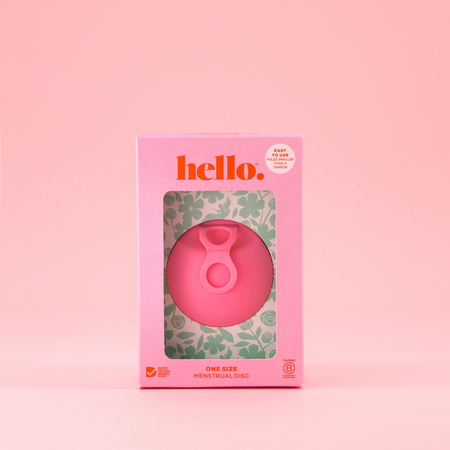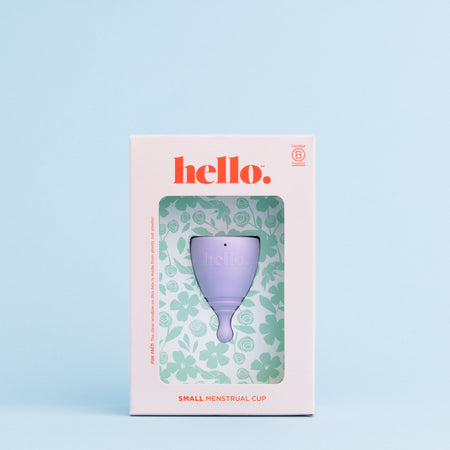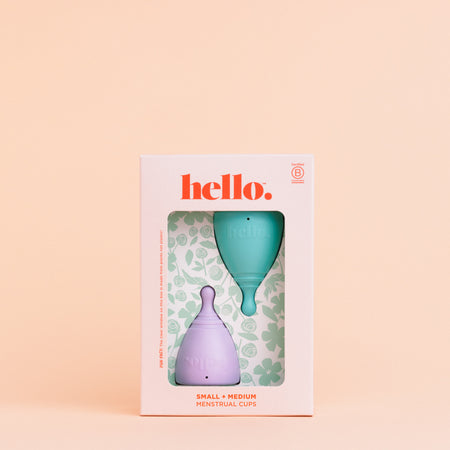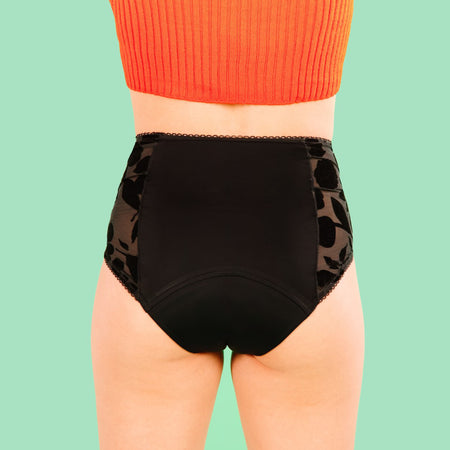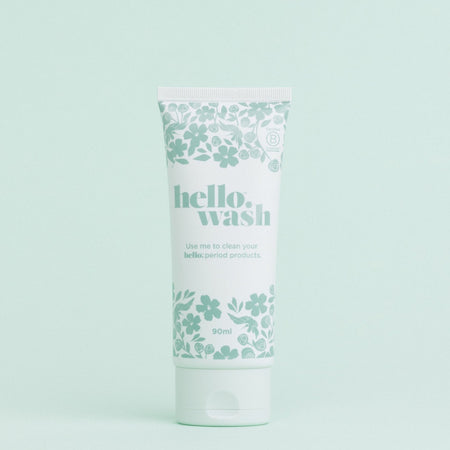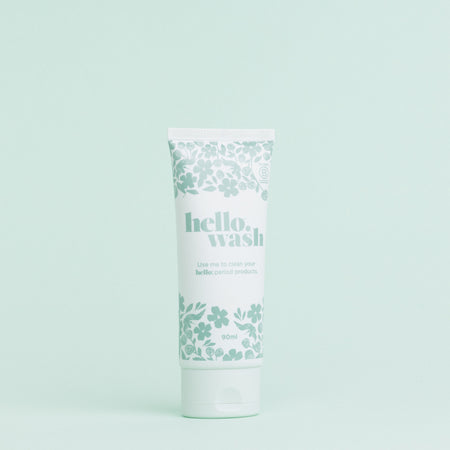Ever stumbled upon the term Toxic Shock Syndrome (TSS) and felt like you just opened a can of worms? You're not alone. While TSS is as rare as hen's teeth, it's worth knowing about, especially if you menstruate. Think of this knowledge as your secret weapon, guiding you through the maze of menstrual health. Let’s dive into what TSS is, its causes, symptoms, and how you can keep yourself out of harm's way, including understanding if you can get TSS from pads.
What Is Toxic Shock Syndrome (TSS)?
Picture your body’s immune system as the bouncer at a fancy club—TSS is that sneaky gatecrasher trying to slip in through the back door. It’s caused by toxins from the Staphylococcus aureus bacteria, which can send your body into a tailspin with symptoms like a sudden fever, a rollercoaster drop in blood pressure, and skin rashes. It’s your body’s fire alarm going off, shouting for immediate attention.
Flashback to the disco days of the late 1970s: TSS burst onto the scene, particularly affecting those using high-absorbency tampons. This sent shockwaves through the menstrual product world, leading to improved safety standards. I remember hearing these stories in health class and feeling grateful that times had changed for the better. While TSS isn’t just a menstruator issue, its ties to menstrual products have put it on the map.
Once those crafty toxins make their way into your bloodstream, they can cause a whirlwind of immune reactions, with symptoms ramping up faster than a viral Instagram post. It can be very serious if left unchecked, potentially leading to organ failure. It's like spotting storm clouds on the horizon—catch them early, and you can batten down the hatches in time.
Can You Get TSS from Pads?
While the question "can you get TSS from pads?” is common, here’s some good news to ease your mind: you can’t get TSS from pads. Unlike tampons, pads don’t create that snug, warm environment bacteria love to call home. I remember the relief I felt learning this in school, opting for pads to keep my mind at ease during trips.
The world is chock-full of myths, and menstrual products are no exception. Some folks mistakenly believe all menstrual products can cause TSS, but it’s tampons that are usually in the hot seat. It’s like thinking you’ll get a suntan from your desk lamp—possible, but not your typical day at the office.
What Are the Causes of Toxic Shock Syndrome?
Let's delve into how to protect yourself from Toxic Shock Syndrome (TSS); it's crucial to know what causes it and how it can invade your body. Here's a detailed look at the causes and factors contributing to TSS:
1. Bacterial Entry Points
Think of your body as a fortress, with TSS finding its way in when bacteria like Staphylococcus aureus make their move. Tampons can provide a warm, moist environment for bacteria to thrive on. Bacteria on your tampon won’t give you TSS, but if there is a gateway for the bacteria to migrate into your bloodstream via a small wound or graze, that’s when things could get more risky.
2. Risk Factors
Certain scenarios can make you more susceptible to TSS, like having open wounds, recent surgeries, or using certain contraceptives. Being aware of these is like carrying an umbrella on a cloudy day—better safe than soaked. Tampons are associated with TSS more than any other period product because they can dry the user out. If the vagina is grazed when a tampon is pulled out due to lack of lubrication, it creates a potential entry point for bacteria. It’s worth stressing again, TSS is very rare but dry tampons are definitely to be avoided. Because menstrual cups and menstrual discs do not dry the user out because they collect blood rather than absorb it, they have not been associated with many confirmed cases of TSS.
3. What Are The Symptoms of Toxic Shock Syndrome?
If you are on your period and develop a sudden high fever, low blood pressure, vomiting, diarrhea, a rash akin to a sunburn, muscle aches, and confusion make sure you remove your internal period product and seek medical advice. The symptoms might start as flu-like symptoms but can quickly snowball.
How to Avoid Toxic Shock Syndrome?
To safeguard yourself from Toxic Shock Syndrome (TSS), follow these essential prevention tips:
1. Hygiene Best Practices
Cleanliness is your best friend! Thorough hand-washing before and after handling menstrual products and keeping wounds clean are your go-to moves. Little acts, like using hand sanitizer after touching public surfaces, can pack a punch in keeping you safe.
2. Tampon Usage Guidelines
For all you tampon aficionados, here’s how to play it safe:
- Opt for the lowest absorbency you need.
- Change tampons every 4-8 hours.
- Mix it up with tampons and pads.
- Swap out tampons for pads overnight.
3. Treatment for Toxic Shock Syndrome
If you suspect TSS, it's time for a hospital visit. Treatment typically involves antibiotics, hydration, and supportive care. In severe cases, surgery might be on the cards to remove the infection source. Recovery is often a marathon, not a sprint, demanding patience and grit to get back in tip-top shape.
Is Hello Pad Safe to Use?
Absolutely. Hello’s period pads are your trusty sidekick, crafted with safety in mind. Made from eco-friendly materials, they’re gentle on your skin and steer clear of harmful chemicals. They’re like that reliable buddy who's got your back, no matter what.
What Are Some Safe Alternative Period Products to Use?
Alternative menstrual products can offer safer, more sustainable options during your period than tampons. Here's a breakdown of some effective alternatives to traditional pads and tampons:
- Menstrual Cup: These collect, rather than absorb, menstrual fluid, slashing the risk of TSS. Made from medical-grade TPE, they're safe, durable, and eco-friendly, offering savings in the long run. Menstrual cups collect period blood rather than absorb it so will not dry the user out and therefore the risk of grazing is drastically reduced when compared to tampons.
- Menstrual Disc: Nestled higher in the vaginal canal, they provide the same low TSS risk and eco-benefits as cups because they also collect period blood rather than absorb it and will not dry the user out.
- Period Underwear: Absorbent and reusable, they’re a fan favorite for comfort and practicality, reducing your reliance on disposables.
The Bottom Line
Though TSS is as rare as a blue moon, being well-informed about its causes, symptoms, and prevention—including understanding whether you can get TSS from pads—is crucial. Menstrual products, when used correctly, are generally safe. Keep your finger on the pulse, and you’ll be empowered to make the best health decisions. Stay savvy, stay safe and manage your period with confidence!
Staying informed about menstrual health can help you make better choices and stay safe. By following hygiene best practices and using safe products, you can significantly reduce your risk of TSS.
Want to learn more about safe menstrual products? Visit Hello Period to explore our range of pads, cups, menstrual discs, and period underwear designed with your safety and comfort in mind.
FAQs
Here are key common questions to help you stay informed and practice safe menstrual habits:
1. Can you get TSS from menstrual cups?
While the risk is much lower compared to tampons, improper use of menstrual cups can still potentially lead to TSS. Always follow the manufacturer's guidelines for cleaning and usage.
2. Are pads or period underwear safe from TSS?
Yes, pads and period underwear are safe and do not increase the risk of TSS.
3. How quickly does TSS develop?
TSS symptoms can develop rapidly, often within hours of bacterial toxin exposure. If you show any symptoms of TSS remove your internal period product and seek medical advice.
4. Is TSS contagious?
No, TSS is not contagious. It is caused by bacterial toxins and not by person-to-person transmission.
5. What are the complications of TSS if left untreated?
Untreated TSS can lead to severe complications such as organ failure and potentially death.
6. Can TSS go away on i
No, TSS requires immediate medical treatment for recovery. Delaying treatment can lead to severe complications.
Understanding TSS and its risks is crucial for anyone who menstruates. By staying informed and following safety guidelines, you can protect yourself and enjoy a safer menstrual experience. For more information and to explore our range of safe menstrual products, visit Hello Period.
Disclaimer: Please be aware that we are not healthcare professionals. Our content is for informational purposes only and should not be considered a substitute for professional medical advice, diagnosis, or treatment.
